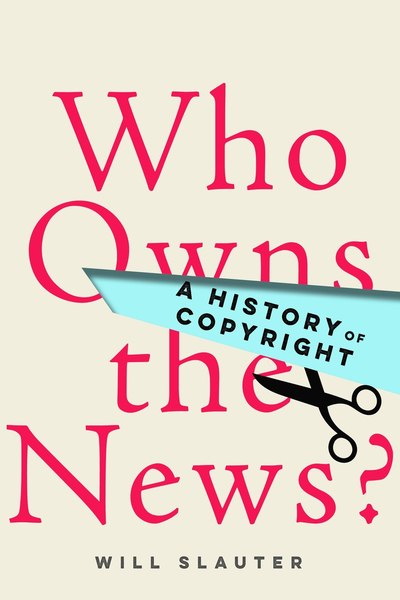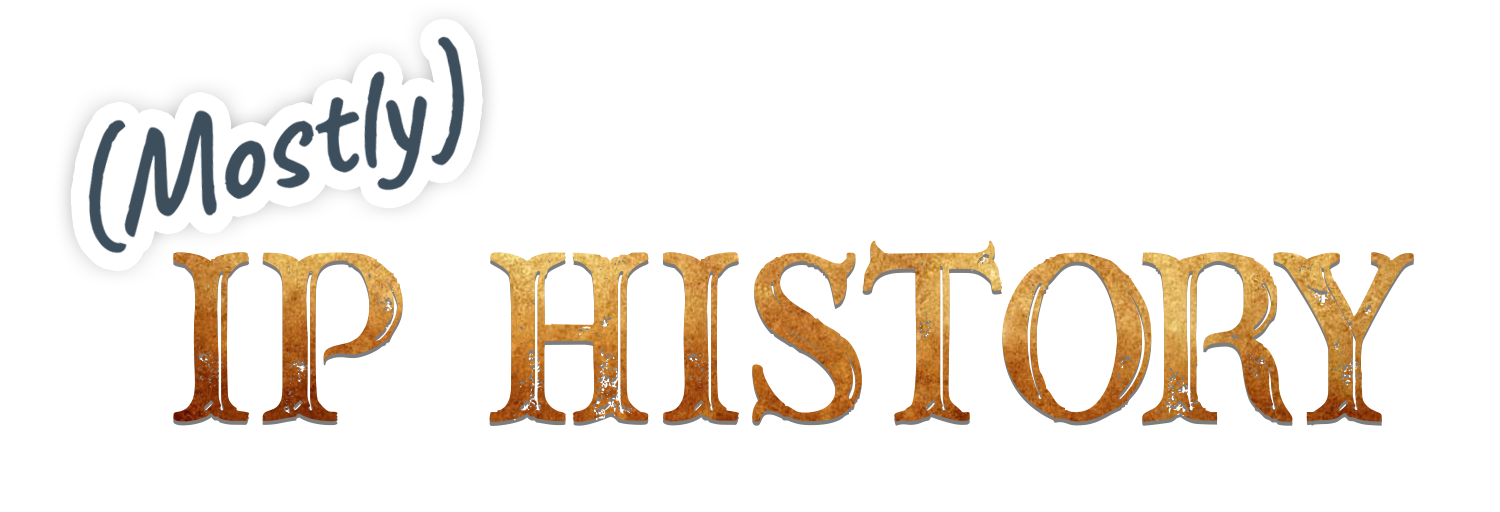INS v. AP at 100 – feat. the oral argument
On December 23, 1918, the U.S. Supreme Court issued its decision in International News Service v. Associated Press, reported at
248 U.S. 215. The case involved the Hearst-owned International News Service, which had been barred from the front in World War 1 for what was perceived as unduly sympathetic reporting on the enemy. However, INS continued providing its news to west coast papers by reading stories from east papers served by the rival Associated Press and wiring their own rewritten stories cross-country. Although the war was over by December 1918, the broader implications of the legal claims lingered, and the Supreme Court held that copying of news stories was unfair competition even if there was no copyright infringement (since the stories were all fresh rewrites and only the facts were being copied). Justices Holmes and Brandeis both dissented.

The story of this case has been told before, most notably by Douglas Baird in his contribution to Intellectual Property Stories. However, what I believe will become the new standard history of this case, and of the many issues of legal protections for news more generally, is an upcoming book by Will Slauter, entitled “Who Owns the News,” coming out next month from Stanford University Press. I’ve copied the description of the book below, and I believe it will be mandatory reading for anyone who would be so moved to check out this blog.
You can’t copyright facts, but is news a category unto itself? Without legal protection for the “ownership” of news, what incentive does a news organization have to invest in producing quality journalism that serves the public good? This book explores the intertwined histories of journalism and copyright law in the United States and Great Britain, revealing how shifts in technology, government policy, and publishing strategy have shaped the media landscape.
Publishers have long sought to treat news as exclusive to protect their investments against copying or “free riding.” But over the centuries, arguments about the vital role of newspapers and the need for information to circulate have made it difficult to defend property rights in news. Beginning with the earliest printed news publications and ending with the Internet, Will Slauter traces these countervailing trends, offering a fresh perspective on debates about copyright and efforts to control the flow of news.
Book Page at Stanford University Press
As part of his research for his book, Will located the transcript of the oral argument before the U.S. Supreme Court a hundred years ago in the archives of the Associated Press. He’s graciously allowed me to share the transcript here, part of my project of locating pre-1955 transcripts of U.S. Supreme Court oral arguments. It’s fascinating to see the argument, which is very different from the style today – the advocates speak much more – and the justices ask many fewer questions. As far as I’m aware, almost no-one has been aware of the existence of this document, and it almost certainly hasn’t been shared before. Enjoy!






Pingback : Mostly IP History » Transcripts of Supreme Court Oral Arguments from Before OT1955 – They Exist!